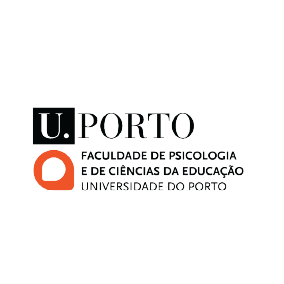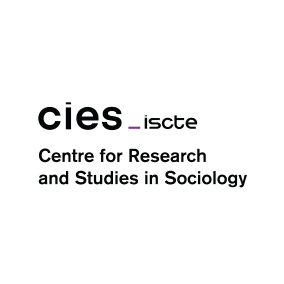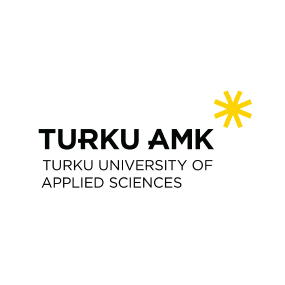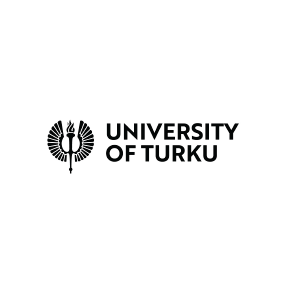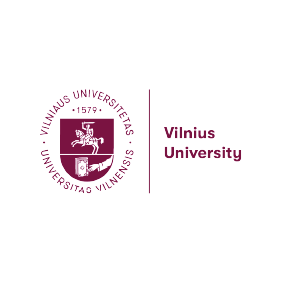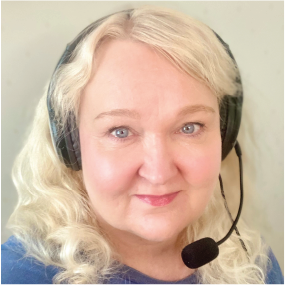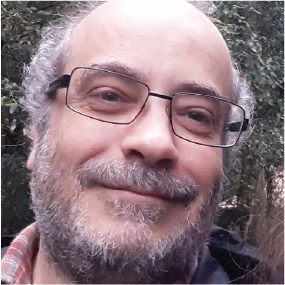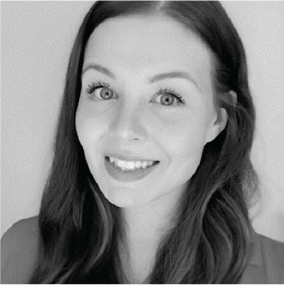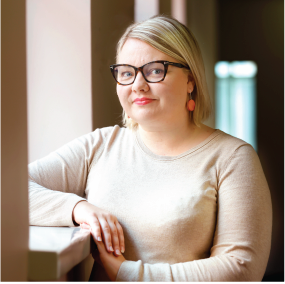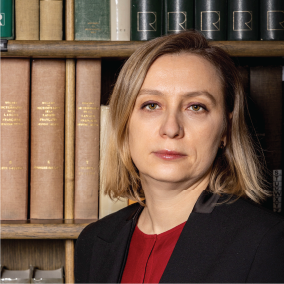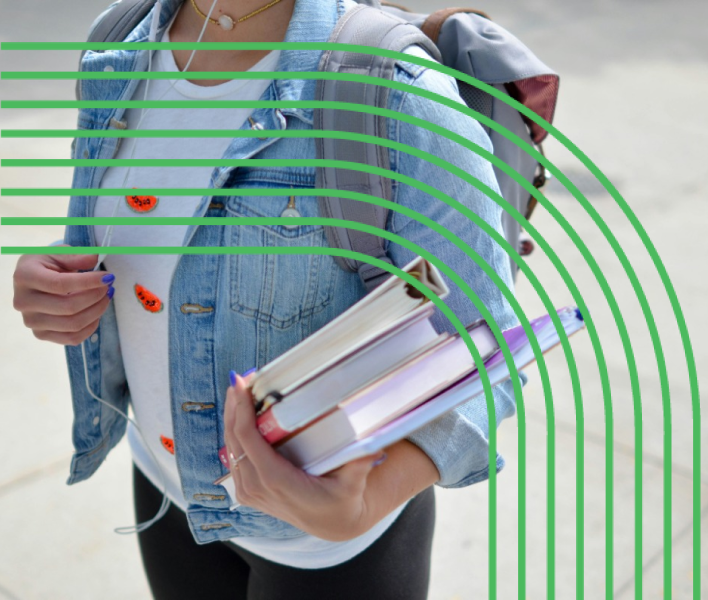
Inclusion +
Tackling the challenges of Erasmus+ mobility inclusion and diversity at higher education level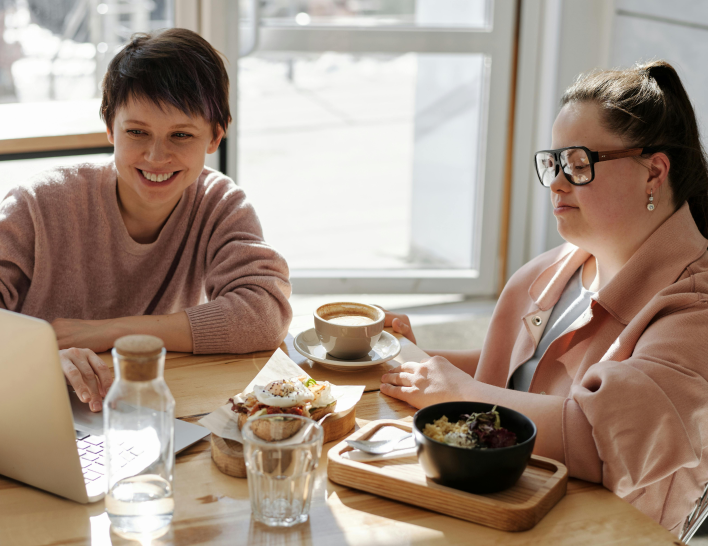
The Project
Inclusion+ addresses the issue of inclusion and diversity in Erasmus+ at higher education level. Through a collaboration involving six universities from four different countries (Portugal, Finland, Turkey and Lithuania), the project offers holistic, collaborative, and culturally respectful action to identify and tackle the barriers to international mobility faced by students with fewer opportunities, in particular, students with disabilities and students with caring responsibilities. It aims to impact both higher education institutions and host cities.
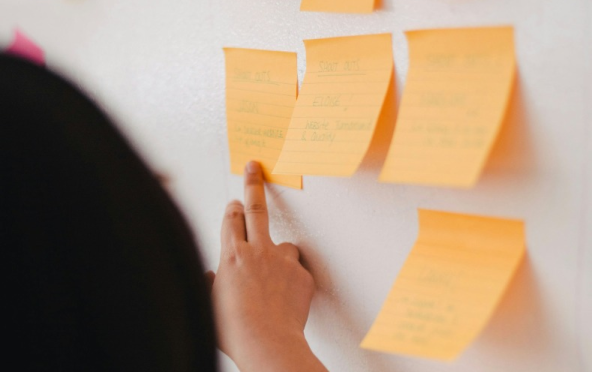
Our Goal
Our project aims to improve the capacity of higher education institutions (HEIs) to carry out student exchanges in an inclusive way and to promote the inclusion of international students in host cities. We also want to raise awareness and support HEIs and cities about the barriers faced by students with fewer opportunities to participate in Erasmus+ mobility and how they can better meet the needs of these students.
Work packages (WPs)
WP1 – Project Management
ISCTE – Portugal
The foundational framework for the entire project, encompassing activities, timings, project quality, functionality, and the materials used, ranging from project results to dissemination activities
WP2 – Needs Assessment and Inventory of Erasmus+ Participation Promotion Practices
University of Porto – Portugal
WP2 aims to identify barriers faced by students with fewer opportunities, focusing on those with caring responsibilities and special needs in Erasmus+ mobility and assesses existing practices at higher education institutions (HEIs) and cities to promote inclusivity.
WP3 – Collaborative laboratory to define priorities
Vilnius University – Lithuania
This Work Package (WP) aims to establish an inclusive platform where students and various stakeholders can share their views on the challenges and opportunities for fostering the inclusion of students with fewer opportunities in Erasmus+. The specific goals include initiating discussions on priorities for inclusive mobility in each country, generating evidence-based recommendations, and co-designing an innovative tool (a prototype mobile application) to enhance inclusiveness.
WP 4 – Changing Making Tools,
Turku UAS – Finland
This WP aims to develop concrete and evidence-based change-making tools, including factsheets, a roadmap, and to finalise the prototype for a mobility app. These tools are intended to support inclusive approaches for students with fewer opportunities in Erasmus+ mobility, with the outputs designed to be adaptable to different cities in Europe.
WP5 – Communication and Dissemination
Galatasaray University – Turkey
It focuses on maximizing Inclusion+ impact through strategic communication, engagement with stakeholders, and effective dissemination. It aims to ensure broad visibility, accessibility, and uptake of project messages and results.
Planned Activites
Structured Scoping Review
This task aims to take stock of the academic and grey literature on the international mobility of students with disabilities and caring responsibilities. The goal is to understand the existing knowledge on the topic, highlight the main discussions developed so far, and pinpoint the primary obstacles that students with disabilities and caring responsibilities face in participating in international mobility programs, as identified by the existing literature.
Dialogue
The Inclusion+ project’s Dialogue Forums aim to promote open and productive discussions between students with disabilities and caring responsibilities to share information, ideas and experiences to relevant stakeholders. They will help ensure that the interests and concerns of students with fewer opportunities and other stakeholders are considered in the implementation of the Inclusion+ project.
Online survey on inclusivity in student mobility
The Inclusion+ project’s online survey on inclusivity in student mobility aims to gather valuable information from the academic community and student mobility stakeholders to identify challenges, opportunities and good practices. It will also help the project to better understand the needs of students with fewer opportunities and develop better solutions to improve inclusion in student mobility.
Collaborative laboratories
The Inclusion+ project’s Collaborative Laboratories (Collabs) aim to create a platform where participants can work together to co-create recommendations for inclusive mobility for higher education institutions and host cities. Through these Collabs, creative, innovative and effective recommendations will be developed to tackle the barriers faced by students with disabilities and students with caring responsibilities.
Dissemination activities
The Inclusion+ project aims to implement a series of initiatives to share our outcomes with diverse audiences, including multiplier events in all partner countries. Additionally, a final conference will be held in Istanbul in 2026 to showcase the project’s final results.
Our Team
To develop the project, we relied on a diverse team of people with different expertise.
Advisory Board

Rúna Guðmarsdóttir
Director of the Erasmus+ National Agency
Rannís – The Icelandic Centre for Research
The Partners
